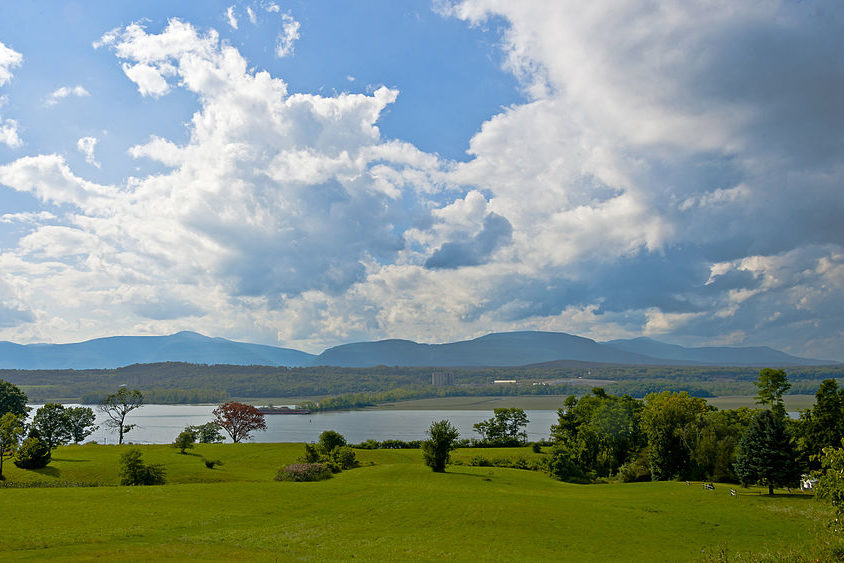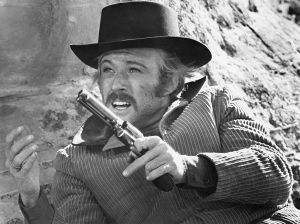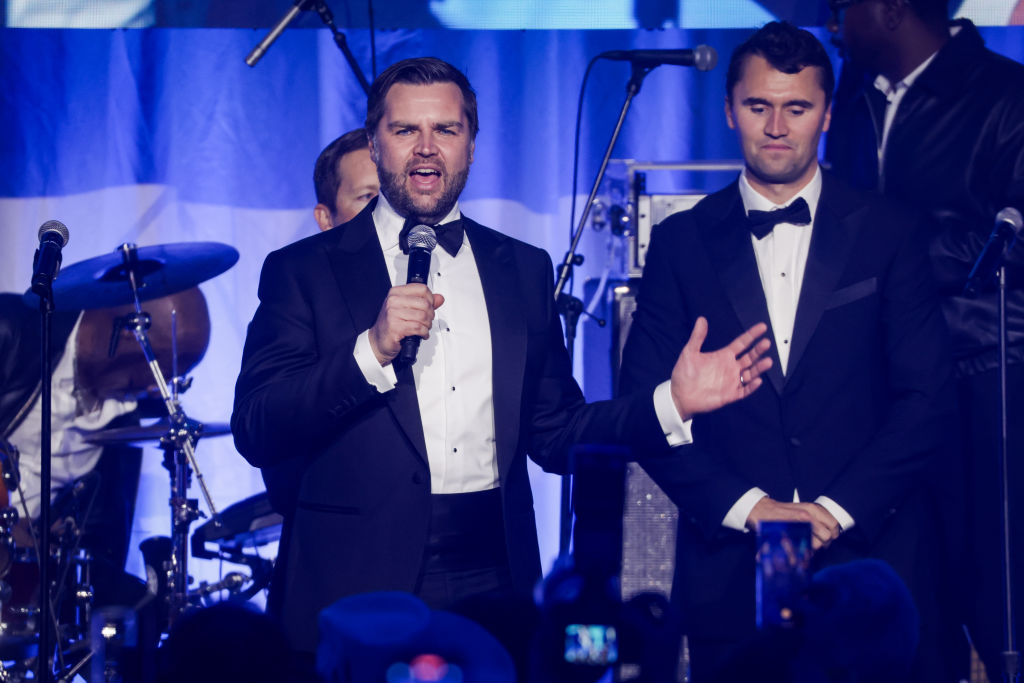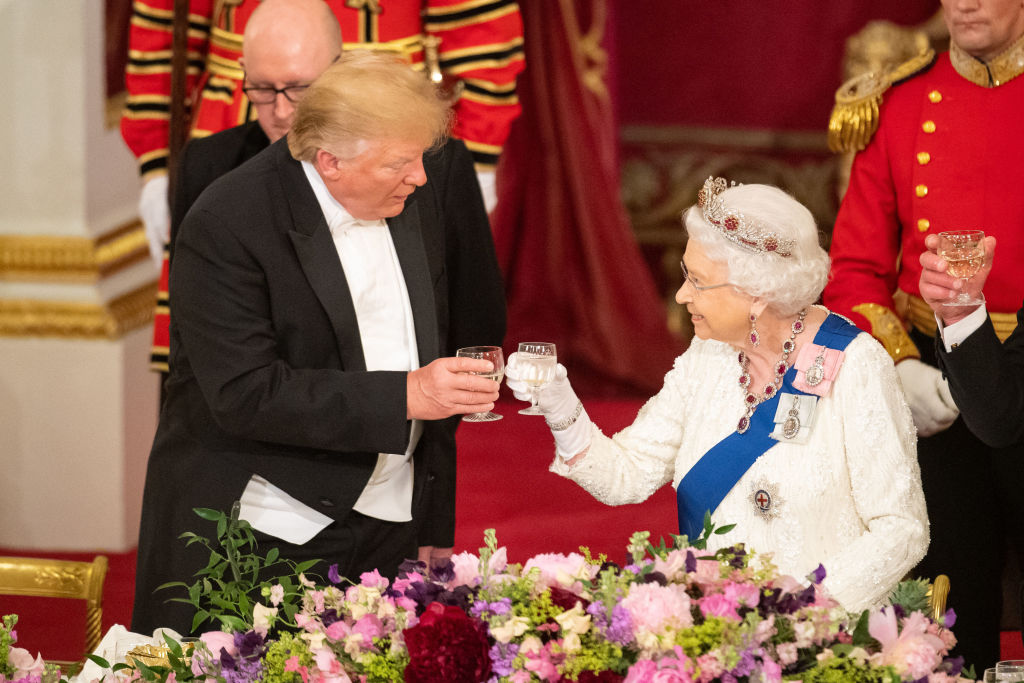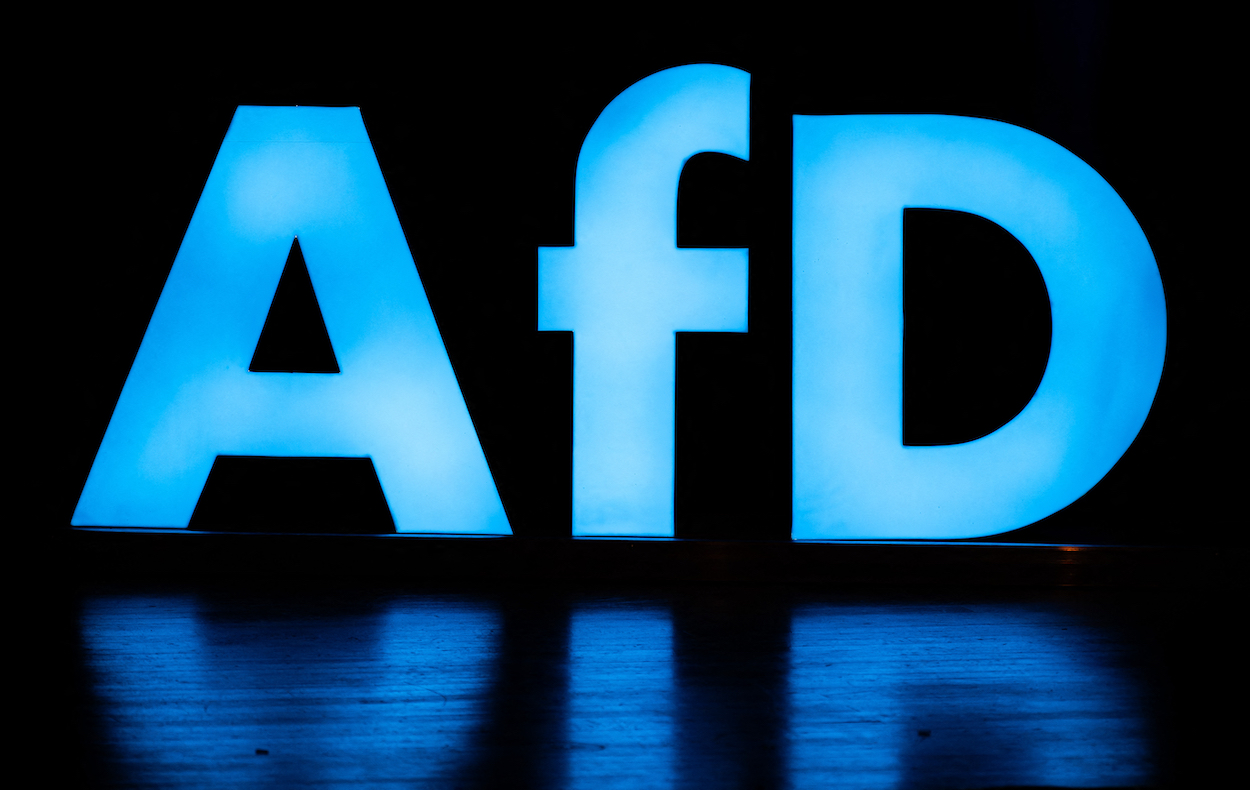The last thing my mother told me before I left home with no particular object in mind but to see the Sawtooths and the Tetons and perhaps the great-granddaughters of corset-clad Gold Rush “Cyprians” was, “Don’t take risks.”
As an explorer’s commission this fell far short of “Extend the external commerce of the United States,” or “Locate a waterway to the Pacific,” or even just, “Have fun.” As an effort at self-caricature it was a great success. As an indirect reminder of why I was going at all, the deeper reason, the subconscious goad, it was right on the money.
The literary critic Leslie Fiedler wrote, in “The Return of the Vanishing American” (1968), that “westering, in America, means leaving the domain of the female . . . . Rip [Van Winkle], despite his mythological shortcomings, is the first of those escapees from what women call responsibility, the first American character shiftless enough to be loved by the audience which loves Cooper’s Natty Bumppo, Melville’s Ishmael, and Mark Twain’s Huck Finn.”
American writers, Fiedler argued, “have tended to define their own country—and much of our literature has, consequently, tended to define itself—in terms of the four cardinal directions.” Washington Irving’s “Rip Van Winkle” is, then, the ur-Western, a flight from domestic familiarity—typified for a pre-feminism audience by the “termagant wife” whose “sharp tongue is the only edged tool that grows keener with constant use”—into a “confrontation with the alien landscape” and, symbolically, “the Indian, that utter stranger.”
And I was fleeing not a termagant wife (though I suppose I had recently become single, in pursuit of solitariness) but a termagant life, ruined like all our modern lives by routine, distraction, political and cultural tedium (the news cycle, the Twitter outrage-mill), and in my case by the stultifying boundaries of a small town.
My first order of business had been, by mystical-seeming coincidence—if you looked at it the right way, in the right refreshingly undergraduate frame of mind—to cross the Rip Van Winkle Bridge on Route 23 into Catskill, New York, the land of Rip Van Winkle, to hike twenty-five grueling and rain-drenched miles in prime Rip Van Winkle wilderness: the Escarpment Trail in what Irving denominated the “Kaatskill mountains,” visible from my own side of the Hudson River, like low purple clouds, “swelling up to noble height and lording it over the surrounding country.”
Just west of the river lies an intimation of a defamiliarised, wilder world. I visited the Catskills Irish Arts Week, which meant sitting in packed barrooms—plastered with old IRA flyers and portraits of JFK—in which every other soul was either playing an instrument (fiddles, harps, bodhráns, flutes, Anglo concertinas) or step dancing. The aged, even the cancer-stricken and bald, played alongside glum but dutiful teenagers. An anthropologist might have called it an intergenerational ritual of cultural preservation; it was also loud as hell and almost spookily hypnotic, an uncanny glimpse into a time before my time.
In Athens, New York, on the riverfront, I watched a Bruce Springsteen tribute band called Tramps Like Us stir an audience of mostly white, mostly middle-aged, mostly sunburned and shade-sporting townies to a Dionysian frenzy, playing what could have served as Rip Van Winkle’s anthem: “Born to Run.” A prototypical Dad—mustache, shorts, sneakers with the socks pulled up—passed out shrimp cocktail to anyone who’d take it. His wife, or whatever, with big hair bleached and sprayed to the colour and texture of old straw, danced lasciviously and grabbed alarming handfuls of his ass. A maybe-stoned, air-drumming man turned to me to ask the question of the hour: “ARE YOU GUYS FEELING THIS?” To which a red-blooded American could only hoarsely reply, “SHIT YEAH, BROTHER!”
But, alas, it was not enough. Soon I was packing everything I could construe as “gear,” plus a kayak, into a borrowed car (having sold my own moribund hoopty for gas money) and crossing the Rip Van Winkle Bridge yet again. I took 23 to 145 through the Irish Catskills, past the Blackthorne Resort, which once partially burned during a biker rally played by .38 Special, and Our Lady of Knock Shrine. I passed crappy auctions—mostly old furniture and lawn jockeys—and signs advertising BRUSH HOGGING SERVICES, and of course the requisite Trump flags. I passed a church marquee which read IN THE COOKIES OF LIFE FRIENDS ARE THE CHOCOLATE CHIPS, but where I was headed friends might be few and far between. For my purposes, this was already Indian country.
I kept in mind the lines Irving himself sent to a prospective employer, to decline a job: “My whole course of life has been desultory, and I am unfitted for any periodically recurring task, or any stipulated labour of body or mind. I have no command of my talents, such as they are, and have to watch the varyings of my mind as I would those of a weather cock. Practice and training may bring me more into rule; but at present I am as useless for regular service as one of my own country Indians . . . .
“I must, therefore, keep on pretty much as I have begun; writing when I can, not when I would. I shall occasionally shift my residence and write whatever is suggested by objects before me.” Shit yeah, brother.



